The Maestro,
the Magistrate & the Mathematician is set largely in Edinburgh,
focusing on the three title-characters -- all 'Zimbos' (Zimbabweans) currently
living in Scotland. Each chapter focuses on one of them, with every other
chapter centered around the Magistrate and the other chapters not quite
alternating between the Maestro and the Mathematician. There is eventually some
overlap, but their stories and fates remain largely distinct.
The central character used to be a well-respected magistrate in Zimbabwe
but left the country with his wife and now fifteen-year-old daughter. While his
wife has found good employment he has remained jobless, his credentials useless
here: 'They think we come from the jungle. They
think we have kangaroo courts. They will say, 'How can you practice law here
when you couldn't even preserve the rule of law in your own country ?''
The Mathematician is the student Farai, who is working on his doctoral
thesis, on 'The Economic Incentives for Sustaining Hyperinflationary
Environments' -- a subject of some interest in Zimbabwe, which recently
suffered through a rare modern instance of hyperinflation. Farai wants to
explore how economic actors can profit from hyperinflationary conditions -- at
least short term ones.
Farai has a local girlfriend, but also close family ties back home --
indeed, he's planning to visit again soon. He does acknowledge, however: 'The thing is, every time I go back, I feel more
and more like a stranger. The lingo's changed, the bearer notes have more
zeros, the whole vibe, the way people do things is completely different.'
The Maestro is David Mercer, a white Zimbabwean also working in a menial
position who is withdrawing evermore entirely into himself. An eastern European
woman, Tatyana, wants to be involved with him, but he pushes even her away. He
is a great reader -- but as Tatyana complains: "Books can't replace real
life". In his downward spiral he eventually even rids himself of his books
-- his last and only hold, aside from the last person he can turn to, Tatyana.
These three very different characters, with their very different
characters and at different stages of their lives, as well as the various people
in their orbits, give Huchu the opportunity to draw a broad portrait of
Zimbabweans abroad -- but without insistently focusing on their ex-pat-ness.
The characters' different relationships with and attitudes towards their
homeland play a role in their lives, but Huchu does not harp on this
particularly obviously, and instead the three story-lines unfold as different
and varying personal experiences. (Huchu amusingly sets up the contrast of his
approach to that of Brian Chikwava's Harare North in having the Magistrate buy
that novel -- but finding himself baffled by it ("He wasn't one for
fiction anyway"), and, cheekily, his daughter, picking it up, complaining:
"Dad, if this guy cannae be bovvered to learn proper English, why did he
write a novel ?")
The key figure in the novel turns out to
be another party, going by the name of Alfonso, a character who seems almost to
be a joker-figure and yet is a significant fixer and helper in the local
Zimbabwean ex-patriate scene. It is Alfonso who first tries to get the
Magistrate interested in the local chapter of the MDC (the Zimbabwean
oppositional party, Movement For Democratic Change) -- a chaotic, disorganized
tiny mess of an outfit that the Magistrate does then become active in, giving
him a renewed sense of purpose and using his talents to good advantage.
After weaving back and forth among its three main characters, The
Maestro, The Magistrate and The Mathematician Huchu ratchets up the ambitions
of the novel. An unexpected domestic development in the Magistrate's family
would seem to offer more than enough drama -- indeed, that situation already
feels a bit forced -- but Huchu has more in store, leading up to more than just
a surprising final turn. Ambition seems to get the better of Huchu: the novel's
satisfying build-up(s) aren't quite enough to carry through these final leaps
which serve to make the novel weightier yet also come, at least in part, too
far out of near nowhere.
Overall, Huchu's ambitions are admirable. This is a pleasingly packed
book, where it is long unclear where these stories might be going -- and it is
here that Huchu's talents shine brightest: it's fun just going along with these
characters when they are more or less meandering forward. It's when purpose
creeps in too obviously -- in a tumble of final twists -- that the novel creaks
a bit
There's a cameo appearance by a (still unpublished) would-be writer
named Tendai in the novel. Very full of himself, he riffs about how:
"publishers don't get my flow, because it's intense, thermonuclear
intense, twenty-first century existentialism with a twist". If not quite
so intense, the real Tendai does, as in his debut, display real, deep talent in The Maestro, the Magistrate & the
Mathematician. If some of the plotting (and perhaps the titles ...) could
use some wrangling, and despite the occasional rough patches -- oversimplified
scenes, especially of confrontation -- the ideas and the writing consistently
impress. Huchu writes very entertainingly -- indeed, so accessibly that some of
the depth behind it all can be in danger of being overlooked in too plain
sight.
In The Maestro, the Magistrate
& the Mathematician Huchu ultimately does try to do just a bit too much
too suddenly, but it's still very good entertainment, of both the light and
heavier sort, through and through.
- M.A.Orthofer, 22 August 2015
http://www.complete-review.com/reviews/zimbabwe/huchut2.htm




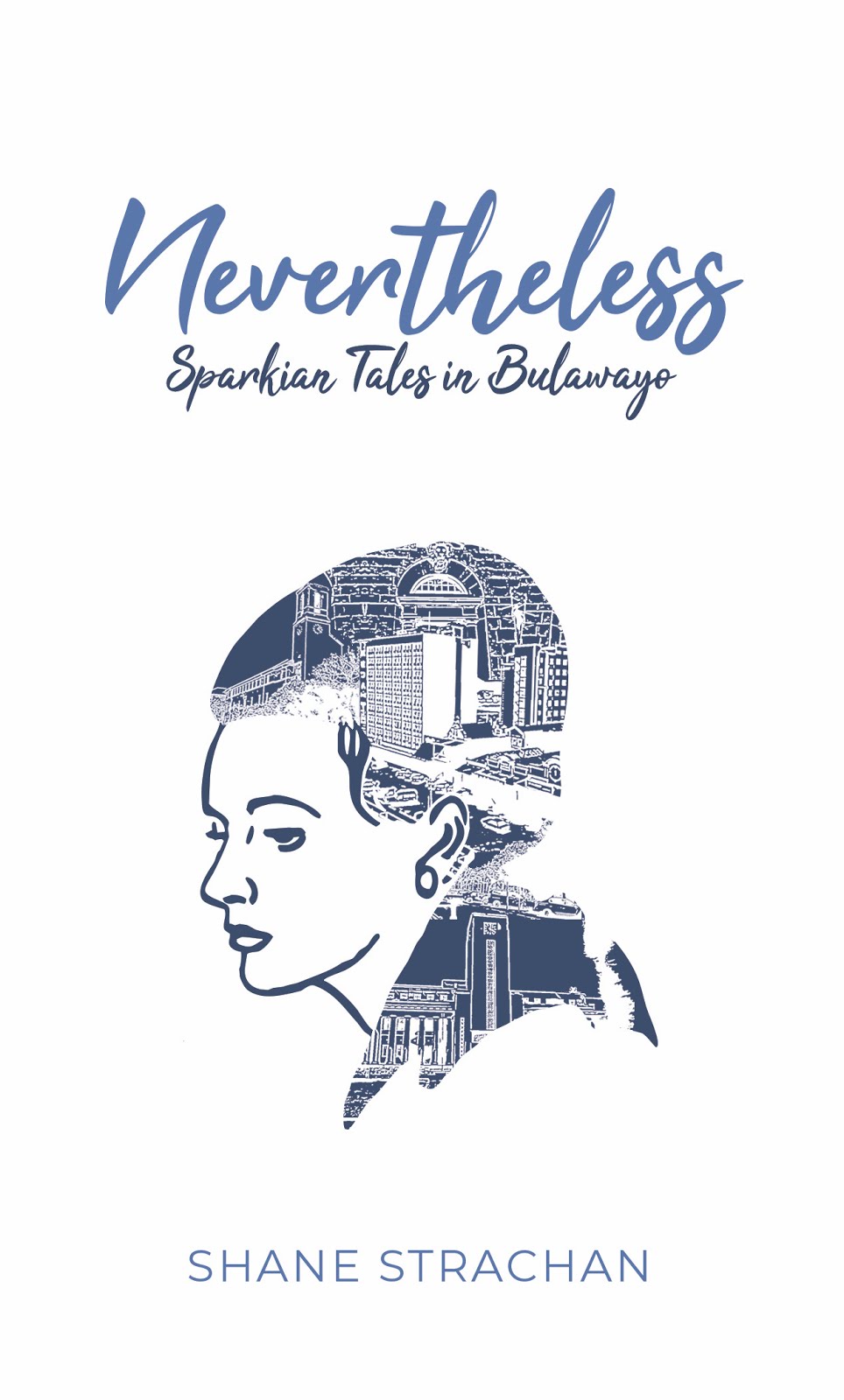





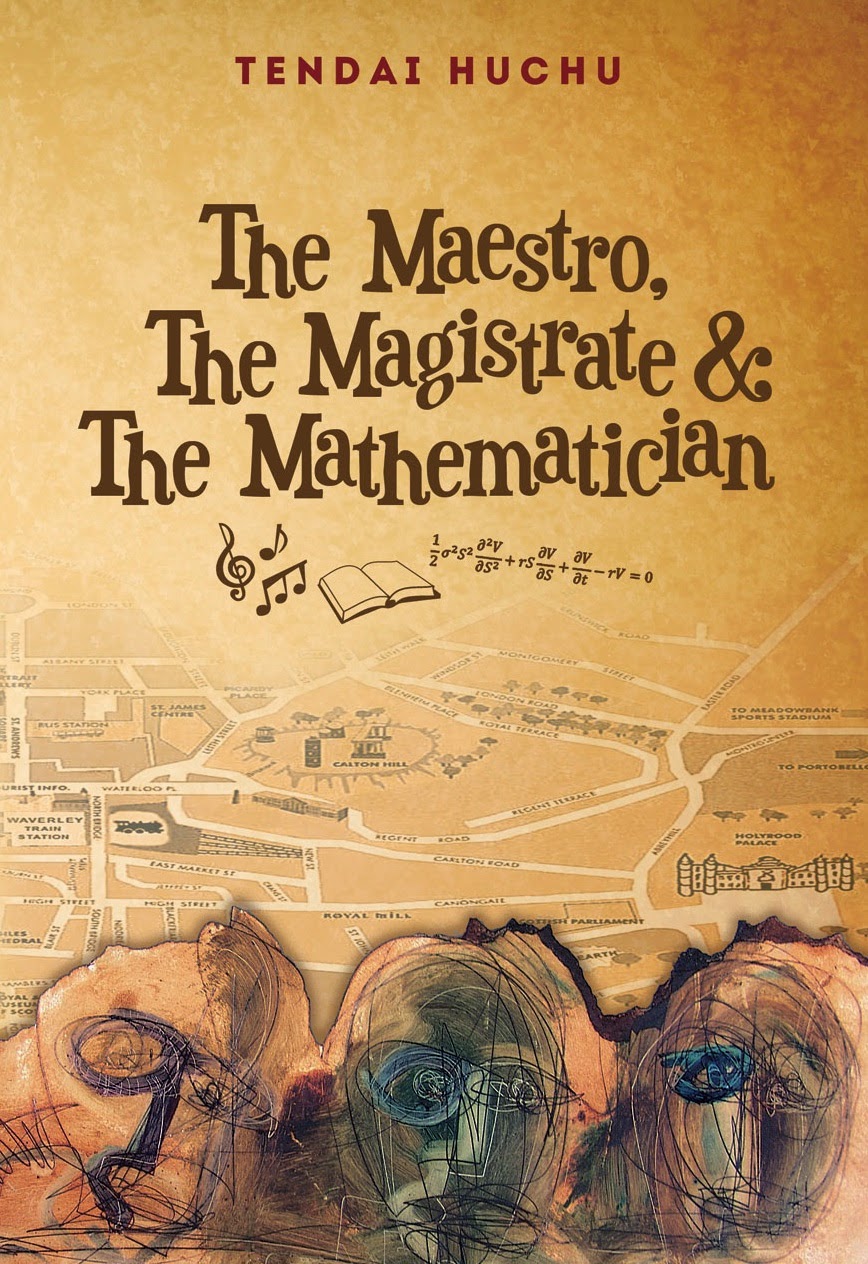
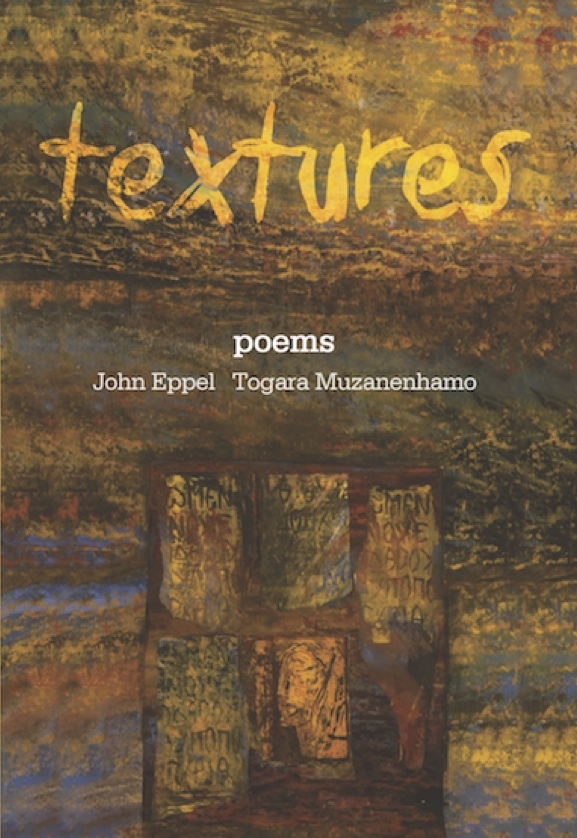
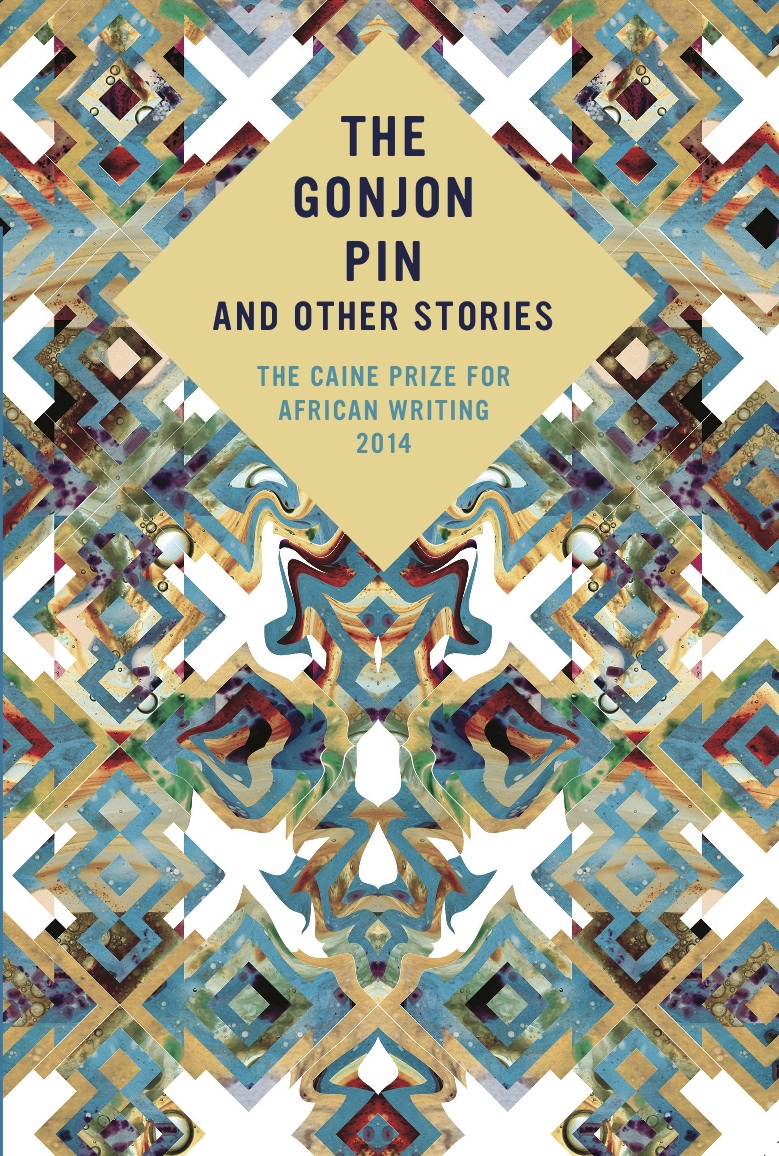
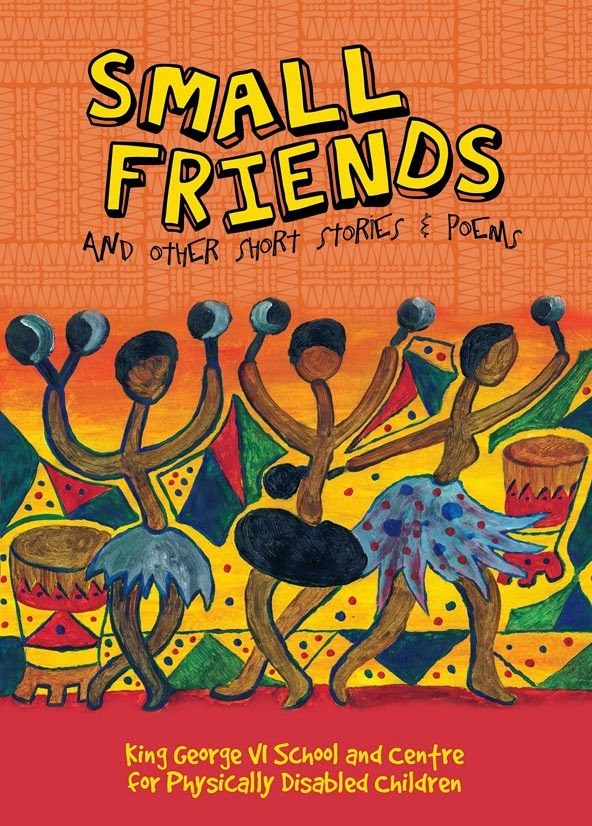
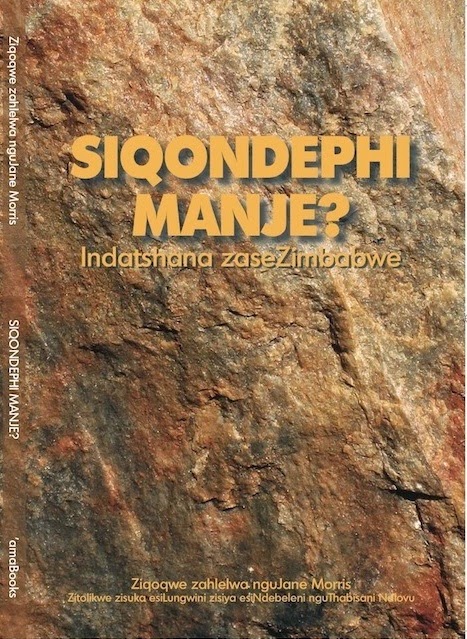
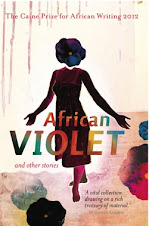

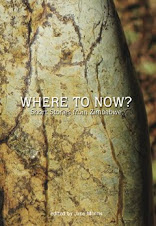
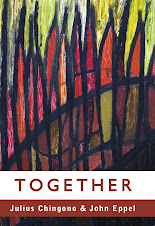
.jpg)

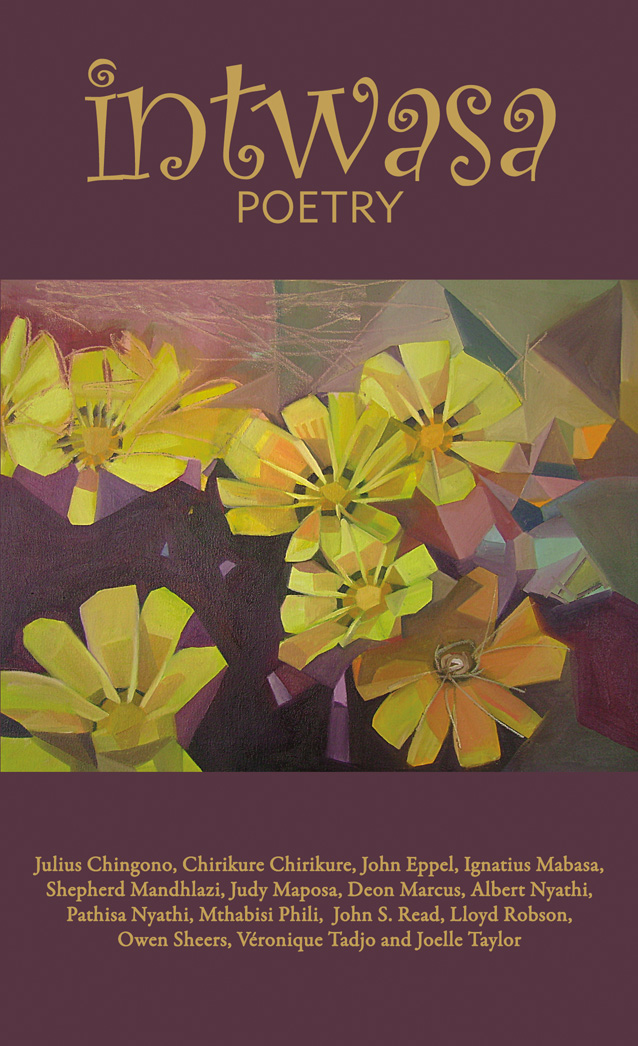


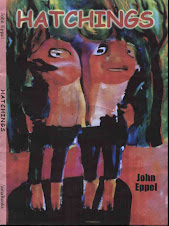













.jpg)











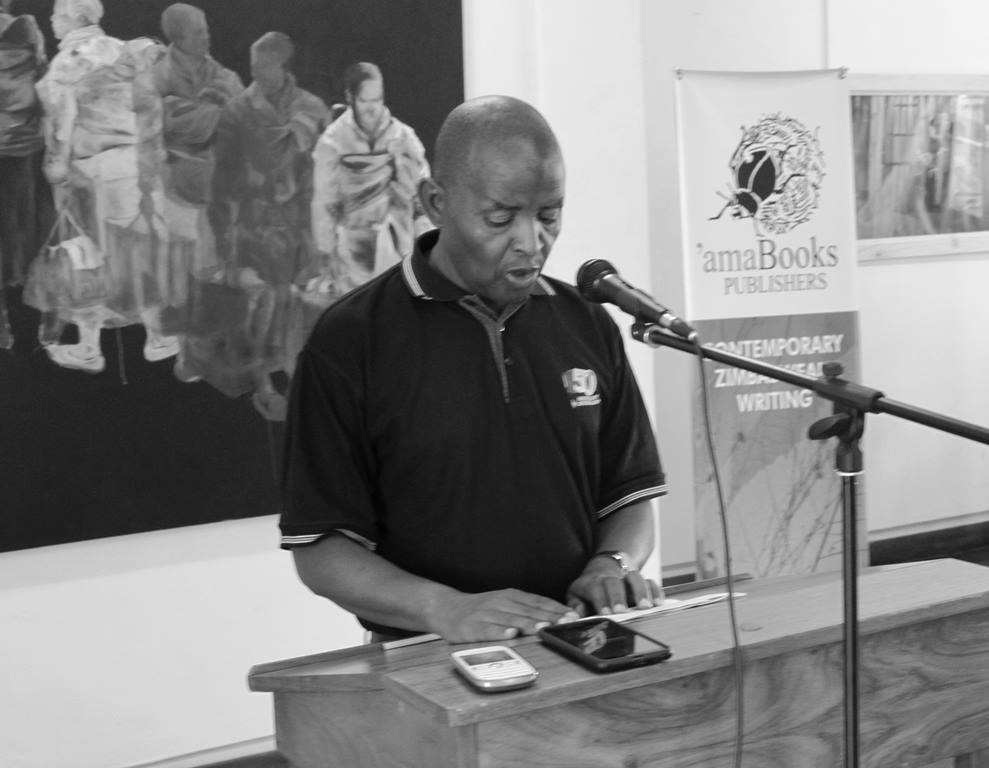
















No comments:
Post a Comment